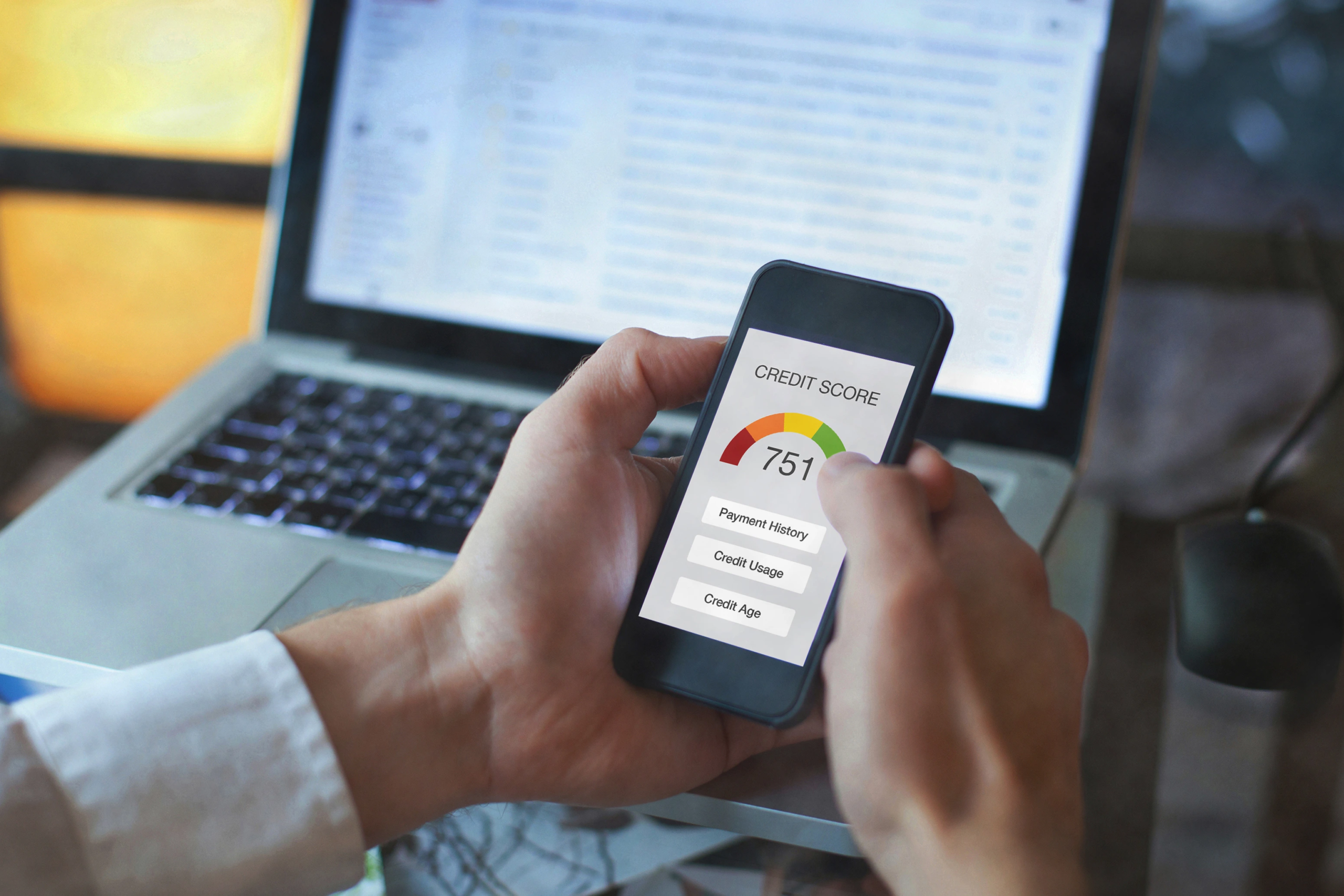
If you find yourself needing to take out a loan but don’t have the credit requirements to qualify, you may consider asking someone to cosign the loan with you.
Let’s talk about what cosigning a loan entails for the borrower and the cosigner, along with the risks and benefits for each party.
When someone cosigns a loan, it means they agree to take on the financial and legal responsibilities of a loan alongside the primary borrower.
For example, a high school senior may need to take out a student loan so they can attend the college of their dreams. However, because they don’t have a strong enough credit history, they’re unable to qualify for the necessary student loan by themselves.
To help with the approval process, their parents may need to become cosigners. Under this arrangement, the student agrees to pay for the loans according to the terms and conditions of the loan, however, the parents also agree to pay for the loans if the student fails to pay for whatever reason.
Lastly, when someone cosigns a loan, they usually don’t receive any money, as those funds go to the primary borrower.
Most lenders allow for a cosigner in the event one is needed or requested. Some of these are auto loans, student loans, and business loans. In some cases, debt consolidation or other loans may have cosigners, too.

There are plenty of strong reasons why a borrower might want someone to cosign a loan with them. Here’s a brief overview.
When borrowers have a cosigner for their loans, it may allow them to qualify for loans they wouldn’t qualify for on their own. Lenders may feel more comfortable underwriting certain loans for borrowers when the debt responsibility is shared with another individual.
For instance, if you want to take out an auto loan that requires a credit score of 700, but you have a credit score of 650, a trusted cosigner might provide the boost needed to secure the loan or get a lower rate on the loan.
With a loan cosigner, borrowers may be eligible for more favorable, sometimes larger loans in the form of auto loans, mortgages, student loans, or debt consolidation loans.
Taking out a loan and managing the repayment responsibly can have a positive impact on one’s credit history. For borrowers who are unable to take out a loan by themselves, the addition of a cosigner may allow them to build positive credit history by securing the loan and then making payments on time.
With the help of a loan cosigner, young adults or individuals with weaker credit reports may be eligible to take out a loan, make timely payments, and positively impact their credit history, which could potentially lead to other lending opportunities down the road.
Having a cosigner on your loan doesn’t prevent borrowers from receiving penalties due to being late or defaulting. If you can’t pay back a loan, your credit score may still decrease, and you could experience difficulties qualifying for new loans in the future.
In addition, defaulting on a loan taken out with a cosigner may also strain or ruin your relationship with them.

Cosigning a loan may be worth it, especially if you trust the primary borrower. There are, however, some risks to consider before cosigning.
Cosigning a loan could be a helpful way to assist friends or family members by providing additional financial support without directly contributing cash. If the borrower is able to financially manage the monthly payments of the loan but is unable to qualify for the loan, offering to cosign may provide the extra support they need to secure the loan while also helping the borrower have the opportunity to strengthen their credit history.
The biggest risk to cosigning a loan is right in the contract: you’re liable to make repayments toward the loan too, whether the primary borrower does or does not.
The lender may or may not make attempts to contact the primary borrower before turning to you for repayment. In either case, it’s imperative that you are financially prepared to take on a loan’s repayment before cosigning for it.
Failure to repay as the loan cosigner doesn’t pass it back to the primary borrower, either – in the eyes of the lender for a cosigned loan, the cosigner is also a party that is ultimately responsible for the debt.
Because you are technically liable for loan debt if you are a cosigner, cosigning a loan also affects your debt-to-income ratio or DTI.
Your DTI measures how much debt you have relative to your income level, and it’s one of the metrics that lenders use to assess creditworthiness and ability to repay.
By cosigning a loan, this ability to repay may diminish, thus possibly making it more difficult to obtain a loan in the near future.
Any missed payments for the cosigned loan – missed by either you or the primary borrower – may lead to credit score penalties. Over time, these penalties could add up and have a negative impact on your score and history.
But cosigning isn’t just a risky move with no upside for cosigners. Cosigning a loan with someone you trust can potentially be a net benefit for your finances since it may lead to an increase in your credit score if the loan is paid on time.
According to the credit bureaus, cosigned debt is also debt in your name. If the primary borrower makes on-time payments and successfully pays off the loan, your credit score could receive some of the positive effects of that financial activity.

At the end of the day, entering into a loan with a cosigner or as a cosigner is something to consider carefully.
If you’re thinking about approaching someone to cosign a loan with you, make sure you’re financially ready to make on-time payments and handle the loan’s repayment requirements. On the flip side, if you’re considering cosigning a loan for a friend or family member, evaluate your financial situation along with the financial situation of the borrower to ensure that you can manage the responsibilities of being a cosigner.
The information and materials provided on this website are intended for informational purposes only and should not be treated as an offer or solicitation of credit or any other product or service of Buckley Microfinance or any other company. This website may contain links to websites controlled or offered by third parties. The inclusion of any third-party link does not imply any endorsement by Buckley Microfinance of the linked third party, its website, or its product or services.
Sources:
https://www.equifax.com/personal/education/loans/articles/-/learn/co-signer-pros-and-cons/
https://consumer.ftc.gov/articles/cosigning-loan-faqs#what’s
https://www.experian.com/blogs/ask-experian/pros-and-cons-of-cosigning-a-loan/
You can prequalify for your personal loan online in just minutes by clicking prequalify now. Or, if you prefer, call or stop by your local branch to get the process started. Our loan specialists can answer any questions you may have such as what a personal loan is, understanding personal loan interest rates, and how to qualify for a personal loan. We’ll help you fill out an application for the type of loan that fits your needs.